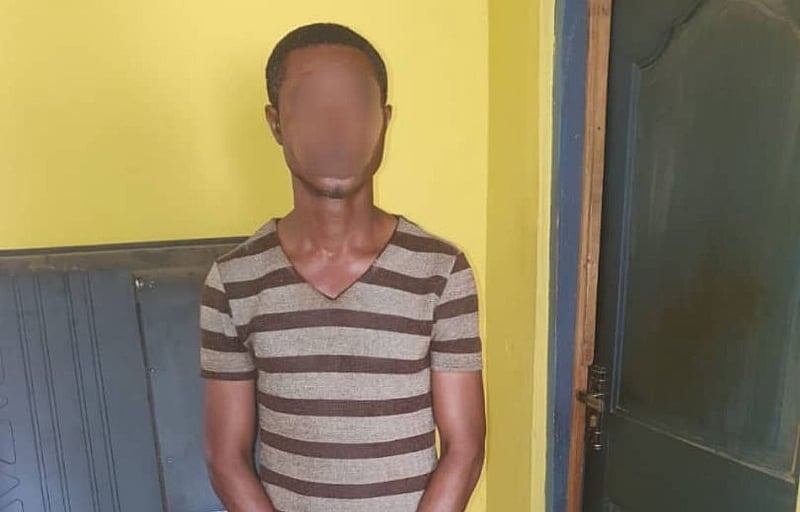The Ashanti Regional Police have apprehended the proprietor of The Big Six Educational Complex, Mr. Afoakwa Sarpong, on charges of “assault by imprisonment” for allegedly detaining two students and preventing them from taking their Basic Education Certificate Examination (BECE) Mathematics paper. The incident, which took place at the Meduma examination centre on Monday, June 16, 2024, sparked outrage and prompted a formal complaint from the Kwabre East Municipal Education Director, Nana Adu Mensah Asare, and the Public Relations Officer, Ms. Mavis Okyere Anane, leading to Mr. Sarpong’s arrest on June 17, 2024. The police press release, issued on June 18, 2024, and signed by Deputy Superintendent of Police (DSP) Godwin Ahianyo, confirmed the arrest and the ongoing investigation.
Mr. Sarpong’s alleged actions involved confining the two final-year Junior High School students in a separate room within the examination centre, effectively barring them from participating in the crucial Mathematics paper. The justification provided for this drastic measure was the students’ outstanding registration fees. This act prevented the students from exercising their right to education and potentially jeopardizing their academic future. The police report indicates that the students were released only after the examination had concluded, rendering their confinement a punitive measure that denied them the opportunity to demonstrate their knowledge and skills in the subject.
The incident highlights the complex interplay between education access, financial obligations, and the rights of students. While educational institutions have the right to collect fees to sustain their operations, the act of preventing students from taking examinations, especially nationally mandated ones like the BECE, raises serious ethical and legal concerns. The BECE serves as a crucial gateway to further education in Ghana, and denying students the opportunity to participate based on unpaid fees could have long-term implications for their academic and professional trajectories. This act is perceived as a violation of the students’ fundamental right to education.
The Mamponteng District Police Command has taken over the investigation from the regional police, signaling a focused effort to uncover the full details of the incident and determine the appropriate legal course of action. Mr. Sarpong remains in police custody while the investigation proceeds. The outcome of this investigation will likely set a precedent for how such situations are handled in the future, emphasizing the need for a balanced approach that respects both the financial needs of educational institutions and the fundamental right of students to access education.
This incident underscores the challenges faced by many students in Ghana, particularly those from disadvantaged backgrounds, in accessing quality education. Financial constraints can often create barriers to education, limiting opportunities for students to reach their full potential. The act of detaining students and preventing them from writing exams due to unpaid fees, therefore, raises broader questions about equitable access to education and the responsibility of educational institutions to support students facing financial difficulties.
The ongoing investigation into Mr. Sarpong’s actions will be closely watched by stakeholders in the education sector, including parents, educators, and policymakers. The outcome will likely inform future discussions on how to balance the financial sustainability of educational institutions with the need to ensure that all students, regardless of their financial background, have equal access to educational opportunities. The case also highlights the importance of open communication and collaboration between schools, parents, and students to address financial challenges and find solutions that do not compromise the students’ right to education.


